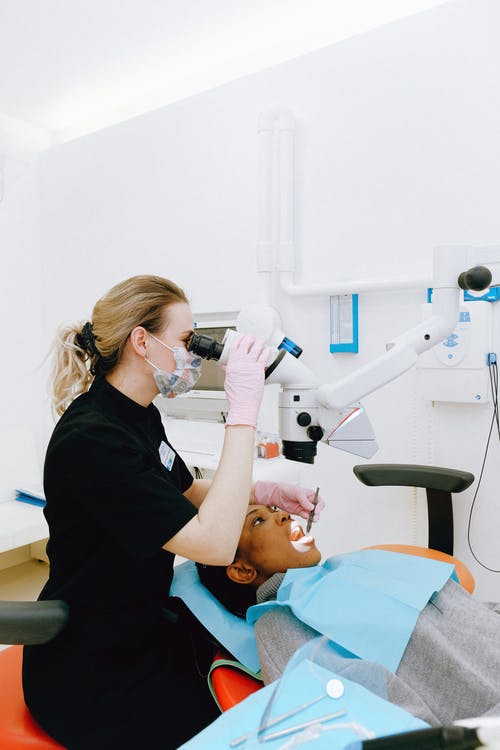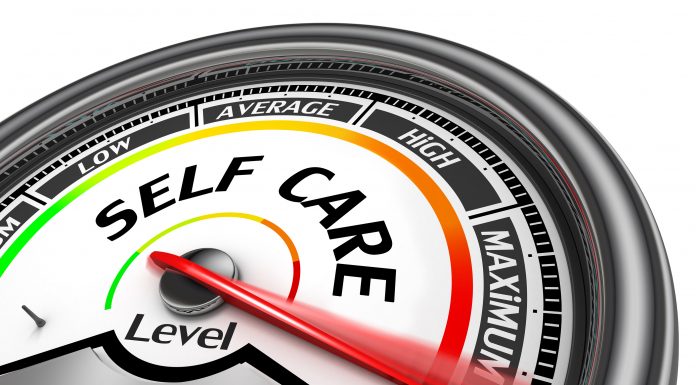Nobody likes to have their tooth or teeth extracted. Aside from the pain of the process and treatment itself, the inconveniences of missing a tooth or teeth are very apparent.
However, extractions are necessary at times. Most people do not know when this is already needed.
Some would even ask if they could go on without the need of extracting their tooth or teeth. While there are cases when this treatment or procedure is avoidable, only dental experts can tell you.
If you are having these kinds of concerns, then there is a big chance that you are wondering whether to have your tooth or teeth removed. You may continue to read on as you will discover the answers to such questions.
What is Dental Extraction?
Extractions are a straightforward process. Dentists will remove your tooth or teeth if they can no longer save them. Dental extractions are also very common in children and are conducted by local pediatric dentists.
The first solution is to always save the patient’s teeth. Although it is the most desired response to every case, this will vary depending on the severity of the condition.
Some conditions will only require a few adjustments and repairs. But, as mentioned, this will not apply to all dental cases and issues.
There are generally two types of extractions:
- Simple Extractions
If you have already experienced having your tooth removed, then, it is likely that you underwent a simple dental extraction. This is the process dental experts utilized when the tooth in question is visible above the gumline.
Cases such as this will no longer require complex procedures and treatments as dentists may easily remove them with forceps. The healing process is also quick, unlike surgical dental extractions.
- Surgical Extractions
The second type of extraction is the surgical one. This applies to patients who have teeth that need removing but experts would need to remove the gum tissue or bone first to push through with the whole process.
In previous times, the whole surgery takes a while and the process is complex. Fortunately, though, with the help of modern technology and dental innovations, patients who undergo surgical extraction can now feel comfortable and safe amid the surgery.
This type of extraction also requires stitches and pain medications. Hence, the healing process may take time. Even so, there are now additional remedies and prescriptions that most dentists give to their patients for faster recovery and healing.
When Dental Extraction Is Necessary?
These are the times when you will need a dental extraction:
- Irreparable tooth damage due to severe decay
Severe decay causes serious damages to your teeth. This usually happens when the decay has already reached the center of the tooth or the pulp.
When it has already invaded this part of the structure, the bacteria of the decay can penetrate the pulp, resulting in an infection. While a root canal treatment may resolve this kind of issue, there are cases when the damage has already become severe and the tooth is no longer repairable. When that happens, extraction is already needed to stop the infection from spreading.
- If a tooth or molar broke at the gumline
If your tooth broke at the gumline, your local emergency dentist will advise you to have it removed as much as possible. This is because it will only become a pathway for bacteria to spread infection.
Although there are treatments that can solve this issue, many individuals choose to ignore the breakage if they do not feel any pain at all. This is one of the common mistakes many people make.
If you let a broken tooth or teeth sit for a long time, it will only worsen in the long run. When that happens, there will no longer be any other procedure to resolve the case but an extraction.
- To eliminate teeth overcrowding
Overcrowding is another common issue that dental extractions will resolve. Your dentists will tell you whether you have an overcrowded set of teeth. You will then undergo an evaluation as to how crowded your teeth are.
Extraction of one or several teeth may be necessary to give enough room for your other healthy teeth to adjust. This will also give your teeth better alignment. Apart from making your teeth look better and pleasant, eliminating the overcrowding issue can increase the overall quality of your dental and oral health, as well.
- You were in an accident
Extractions can also be necessary when you suffer from an accident, like car collisions. But, it is worth noting that prevention of tooth or teeth loss will always be the top priority of every dental expert. So, if the evaluation shows that certain treatments can already resolve your dental concerns, then an extraction will no longer be required.
Most of the time, people who were in an accident and underwent dental extractions are those who suffered severe and high-impact collisions. Hence, dentists will first determine the state and condition of your teeth and gums before proceeding to a treatment.
Post-Dental Extractions Instructions
Whether you undergo a simple or surgical type of extraction, proper care and maintenance after the treatment are necessary. Your dentists will give you guidelines as to how you will do these things efficiently and effectively.
But, in most cases, these are the most common post-extraction instructions:
- Rest your mouth and avoid unnecessary talking or drinking. You are not allowed to smoke, as well, and this takes hours.
- Avoid brushing, rinsing, or flossing the affected area. Most of the time, it will take half a day before you can do these things.
- Drink lots of lukewarm and cold water once the bleeding eases. As for your food choices, soft foods are the most recommendable.
- Follow your dentist’s pain medications. They will give you prescriptions to guide you with the right amount of medicine to drink and the right time to take it.
Final Thoughts
Dental extractions are quite common. But, while they have already become a norm, this does not mean that you will undergo the same treatment process. Accordingly, it is best for you to consult first with the right people and experts. Only your dentist could tell you what your next steps will be, and which treatments will work best on your case.























